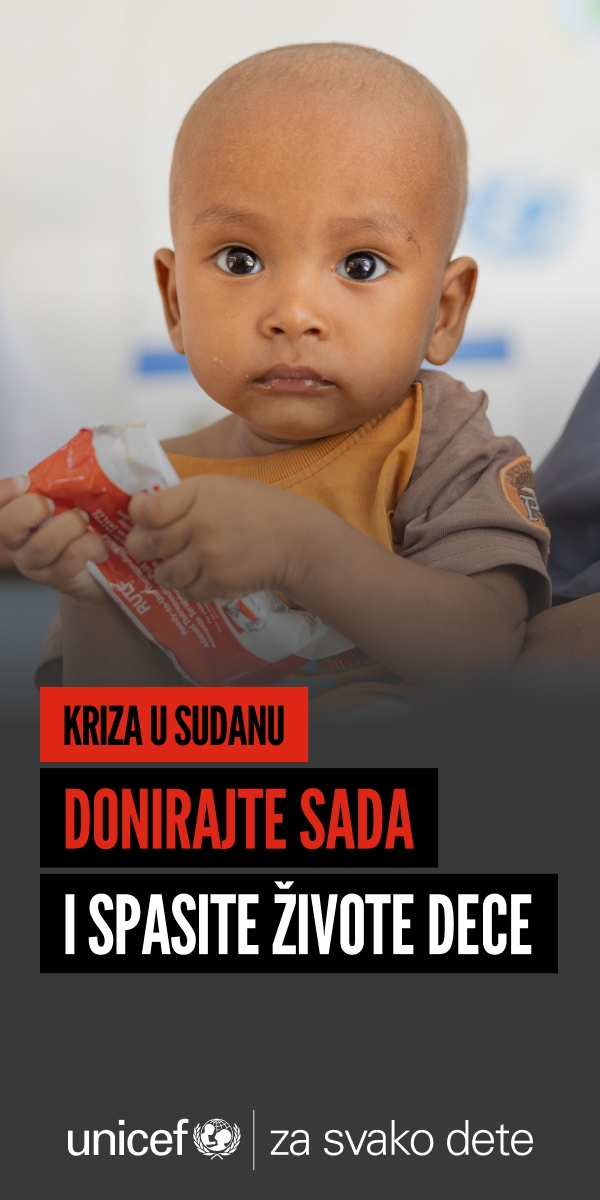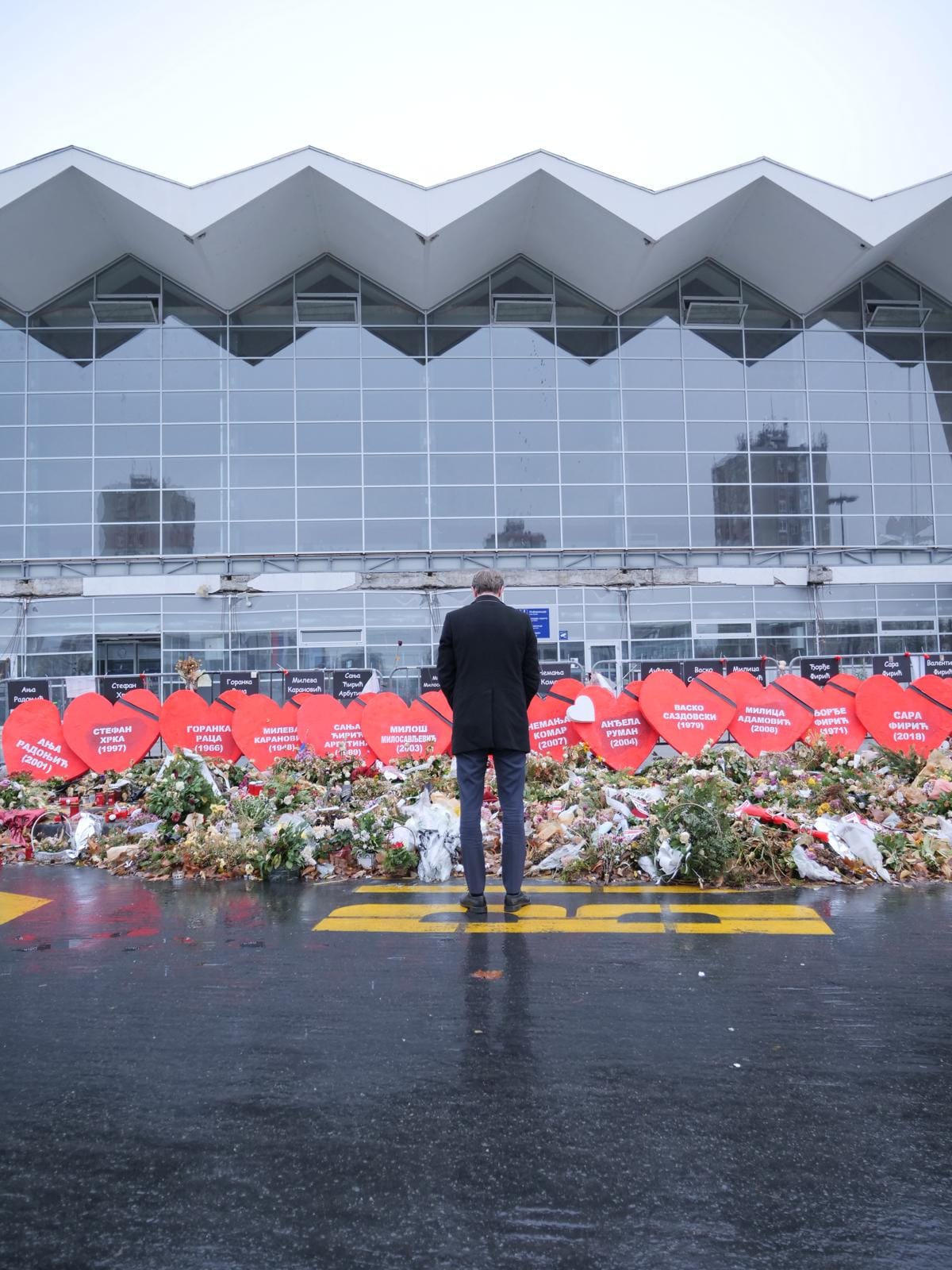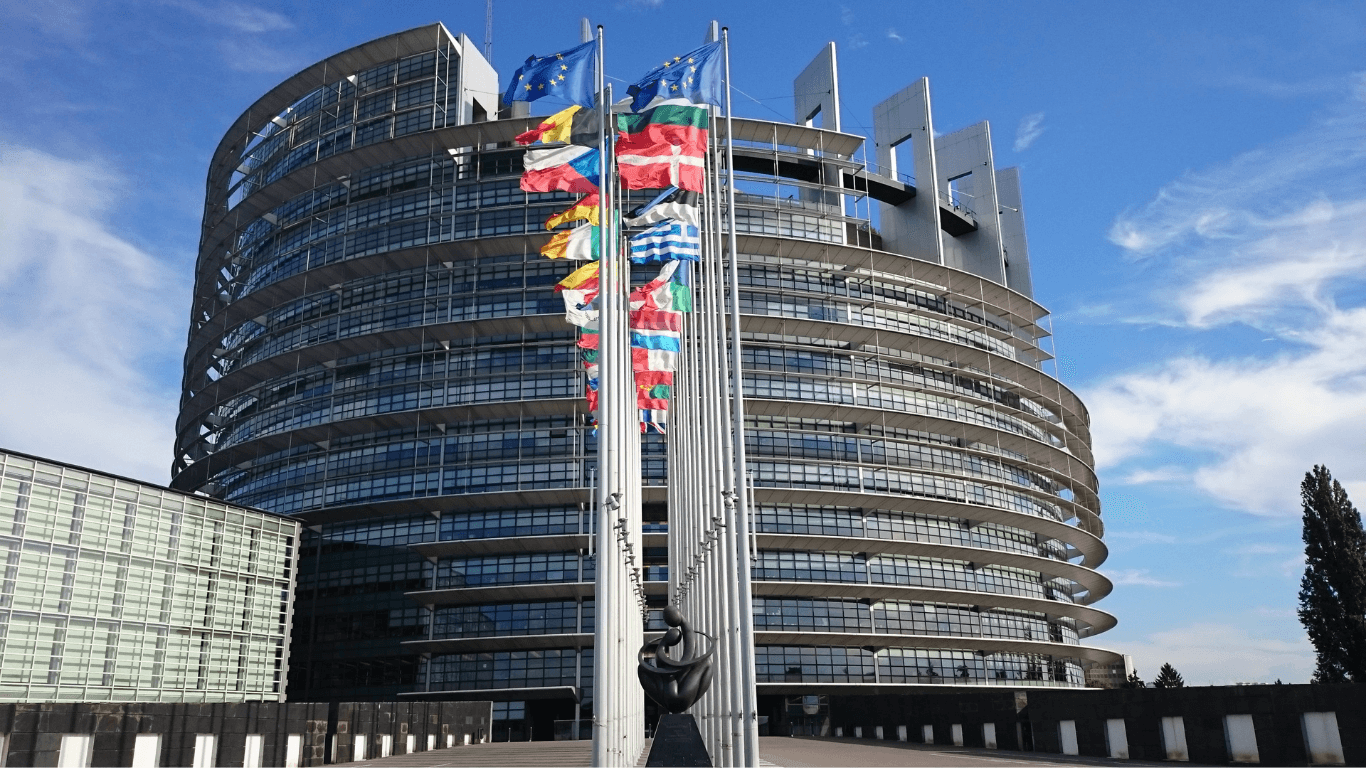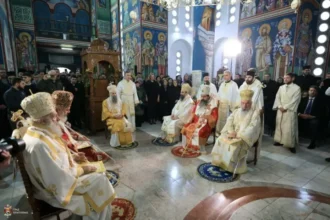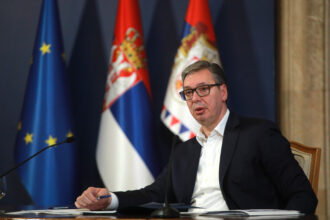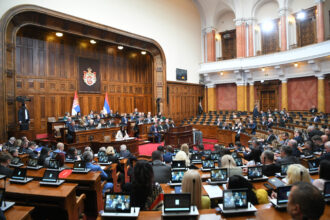Russia Assures Kenya of No Forced Recruitment as Trafficking Crisis Deepens
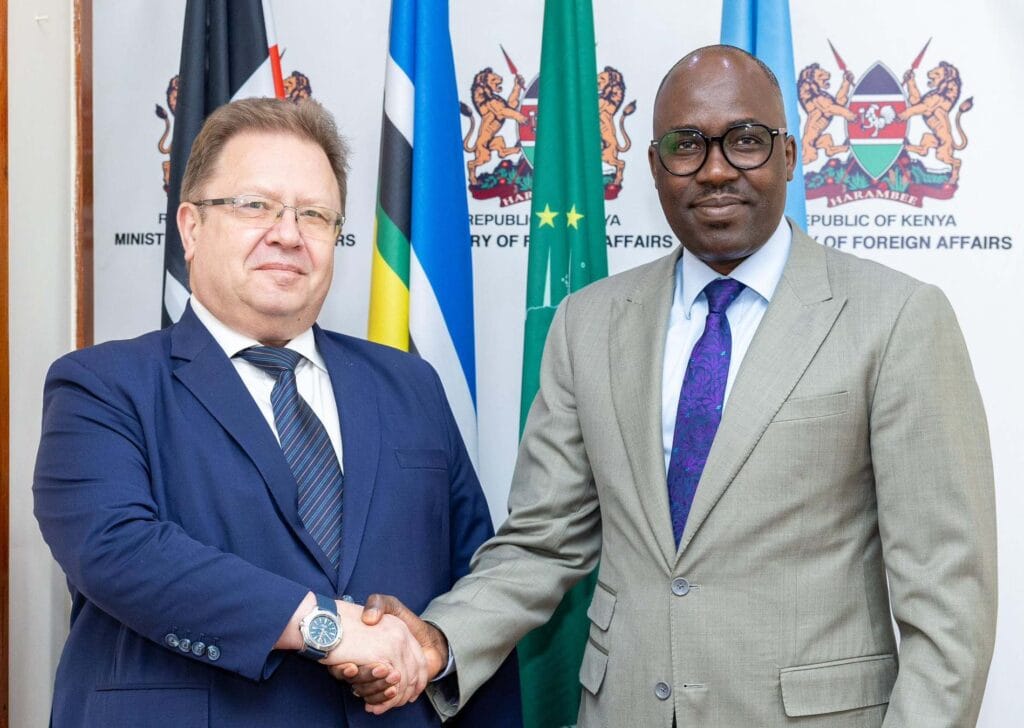
By Brian Ochieng Akoko, Reporter | Nakuru City – Kenya.
NAIROBI, KENYA – A critical diplomatic breakthrough has been achieved in Nairobi. The Government of Kenya has secured an explicit guarantee from the Russian Federation. This assurance confirms that no Kenyan citizens will be forcibly conscripted. They will not be compelled to join Russian security forces.
The high-level talks addressed a crisis of human trafficking. Desperate Kenyan youth have been lured to Russia under false pretenses. They are often promised well-paid, legitimate jobs. Instead, they find themselves thrust into the Russia-Ukraine conflict.
Principal Secretary (PS) for Foreign Affairs, Korir Sing’oei, hosted the Russian Ambassador to Kenya, Vsevolod Tkachenko. The meeting’s agenda was dominated by the urgent need to protect Kenyan nationals abroad.
PS Sing’oei emphasized Kenya’s commitment to protecting its citizens. He labeled the captured Kenyans as victims of manipulation. They are victims of transnational human trafficking rings. These rings exploit vulnerability for criminal gain.
The Vicious Trap: False Promises
The diplomatic urgency stems from harrowing reports. Several Kenyan citizens are allegedly fighting in the conflict. Some have been captured and declared prisoners of war. Their testimonies reveal a pattern of deception.
These individuals traveled to Russia on tourist or short-term visas. They were seeking better economic prospects. Upon arrival, they were allegedly coerced into signing contracts. These contracts were often in Russian, a language they did not understand.
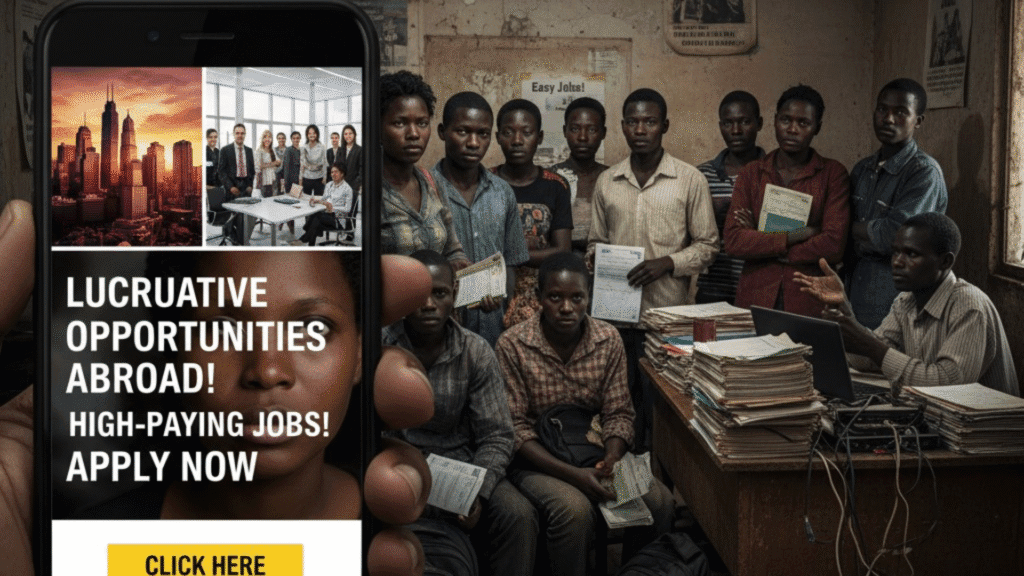
The fine print of the agreements turned out to be military enlistment papers. They were immediately sent for combat training. The initial promise of a high-paying job in logistics or industry was a vicious trap.
Kenya’s Directorate of Criminal Investigations (DCI) has acted swiftly on intelligence. Police recently dismantled a suspected trafficking syndicate operating on the outskirts of Nairobi. This operation led to the rescue of over 20 young people.
These victims were reportedly awaiting processing for transport to Russia. They believed they had secured genuine overseas employment. Detectives seized recruitment materials, travel documents, and job offer letters.
The criminal network was reportedly charging significant fees. Victims were forced to pay upwards of \$1,500 as deposits. They were promised salaries as high as \$18,000 per annum, far exceeding local opportunities.
This exploitation highlights the severe vulnerability of educated but unemployed youth in Kenya. Lured by online advertisements, they become susceptible to fraud. The syndicates operate with impunity, preying on hope and desperation.
The fate of a captured Kenyan athlete, Evans Kibet, brought the issue into sharp focus. His case confirmed fears that job seekers were being diverted to the front line. His forced recruitment, as detailed in a public video, necessitated a firm diplomatic response from Nairobi.
A New Migration Framework
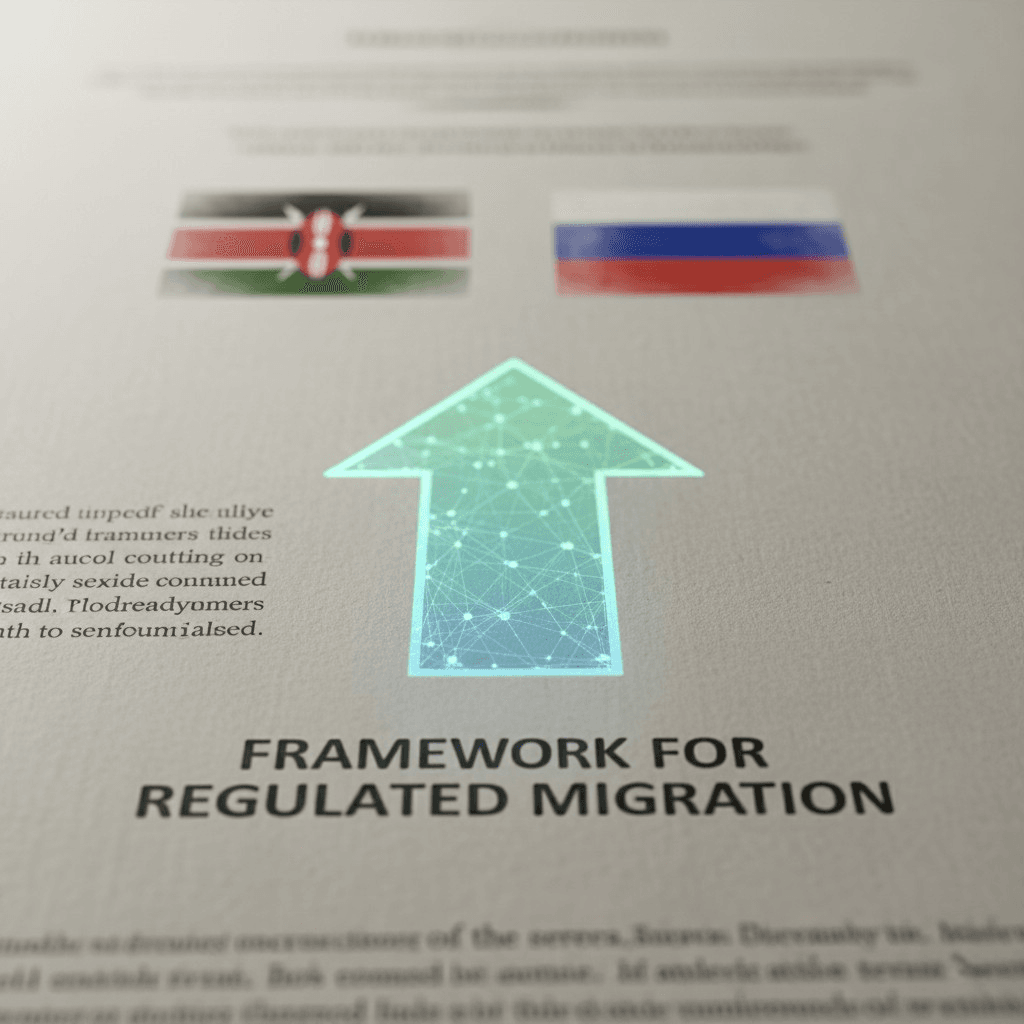
The discussion between PS Sing’oei and Ambassador Tkachenko was not merely focused on crisis management. It was forward-looking. The two nations agreed to immediately establish a formalized migration framework.
This framework is designed to ensure regular, safe, transparent, and lawful migration. It will specifically cover Kenyan students and skilled professionals seeking work in Russia.
The goal is to close the loopholes currently exploited by traffickers. A clear, state-backed protocol will circumvent fraudulent third-party recruiters. This transparency is crucial for protecting vulnerable migrants.
The new structure will address the inherent demographic needs of Russia. Russia often relies on foreign labor to offset population decline. However, this demand must be met ethically.
Kenyan officials are committed to ensuring the framework aligns with international human rights standards. It will also reflect the mandates of Kenya’s new Diaspora Policy. This policy prioritizes the welfare, rights, and interests of the Kenyan diaspora globally.
The framework will mandate that all job contracts are provided in English and Russian. It will ensure consular access to all Kenyan migrants. It will also establish clear mechanisms for labor dispute resolution. This is a necessary step to prevent future cases of forced labor or military coercion.
The agreement signifies a strategic attempt by Kenya to regulate the flow of labor to a key international partner. By formalizing migration, Nairobi aims to turn a security crisis into an opportunity for beneficial, legal labor export.
Historical Ties and Current Geopolitics
PS Sing’oei also used the meeting to touch upon the historical foundation of the Kenya-Russia relationship. He acknowledged Russia’s past solidarity with African states. This support was instrumental during the anti-colonial struggles for independence.
This historical context provides a crucial bedrock for current diplomacy. It allows for frank and robust discussions, even on sensitive issues like the conflict in Ukraine.
Beyond the bilateral talks with Russia, Kenya continues its balancing act on the global stage. PS Sing’oei also held a separate, high-priority meeting with the newly accredited Ukrainian Ambassador, Yurii Tokar.
In both diplomatic engagements, Kenya reiterated its unwavering foreign policy stance. This stance is founded on the sanctity of sovereignty and territorial integrity. It calls for a peaceful, negotiated settlement to the conflict.
This principled position aligns with Kenya’s „Peace Diplomacy“ pillar. Kenya seeks to consolidate its legacy as a global advocate for stability. It views multilateral diplomacy as the only way to resolve international disputes.
The war has had significant ripple effects on the Kenyan economy. Disruptions to global supply chains have affected the import of key agricultural inputs like fertilizer. Price surges for crude oil have destabilized local markets.
Therefore, the diplomatic efforts serve a dual purpose. They protect Kenyan lives in the conflict zone. They also seek to stabilize economic relations disrupted by the geopolitical tension.
The Global Nature of Exploitation

The tragic trafficking of Kenyans to the conflict is not an isolated incident. It mirrors a broader global phenomenon. Criminal syndicates worldwide are leveraging the desperation of youth. They are being trafficked not only to conflict zones but also to forced labor operations in other regions, such as Southeast Asia.
Reports indicate that vulnerable individuals from several African nations have been targeted by Russian recruiters. These recruiters use vague job ads and social media platforms to ensnare victims. The lack of legal migration pathways exacerbates this problem.
Once in the destination country, the victims’ mobility is often restricted. Their identification documents are confiscated. They are then presented with impossible choices: join the fighting or face legal consequences, imprisonment, or even death.
The assurance from Ambassador Tkachenko must be backed by concrete actions. Russia must ensure its internal recruitment policies prevent the exploitation of foreign migrants. Global human rights organizations are watching closely.
The Kenyan government’s focus is now heavily skewed toward the „Diaspora Diplomacy“ pillar. This pillar mandates proactive engagement to protect the rights and welfare of all Kenyans living abroad. The crisis has necessitated a massive increase in consular resources dedicated to Moscow.
Accountability and Prevention
The successful police operation in Nairobi is a major victory. It demonstrates Kenya’s internal resolve to tackle the source of the problem. However, the networks are often sophisticated. They involve international facilitators and local collaborators.
Sustained pressure is required to dismantle these operations entirely. The DCI must maintain cooperation with international law enforcement agencies. This coordination is essential to identify and prosecute the foreign elements of the trafficking rings.
Furthermore, a substantial public awareness campaign is vital. It must target young, educated job seekers who are most susceptible to online scams. The government must clearly articulate the dangers of relying on unregulated recruiters. It must promote the new, legitimate migration channels.
The establishment of the Kenya-Russia migration framework cannot be merely symbolic. Its success hinges on swift and effective implementation. Key performance indicators will include:
- Reduction in Illegal Migration: A measurable drop in the number of Kenyans entering Russia via irregular or tourist visa channels for work.
- Consular Access: Guaranteed, timely access for Kenyan embassy staff to any citizen detained or reported missing in Russia.
- Educational Integration: A formalized and expanded scholarship program for genuine students, ensuring educational opportunities are protected from military conscription attempts.
The global community has a vested interest in this diplomatic success. The precedent set by Kenya in addressing the trafficking of its citizens to a major conflict zone will influence other nations facing similar challenges.
Kenya’s diplomacy is proving resilient. It manages to balance historical solidarity with firm demands for accountability and citizen protection. The nation is asserting its sovereignty not through confrontation, but through the strategic use of international law and bilateral agreements.
The ultimate aim is not to sever ties, but to place them on a more secure and ethical footing. The crisis of human trafficking has forced this necessary evolution in Kenya-Russia relations. The world now awaits the practical rollout of the promised framework.
Protecting the diaspora remains the cornerstone of Kenya’s modern foreign policy narrative. The youth must be seen as assets, not as expendable commodities in a foreign war.



